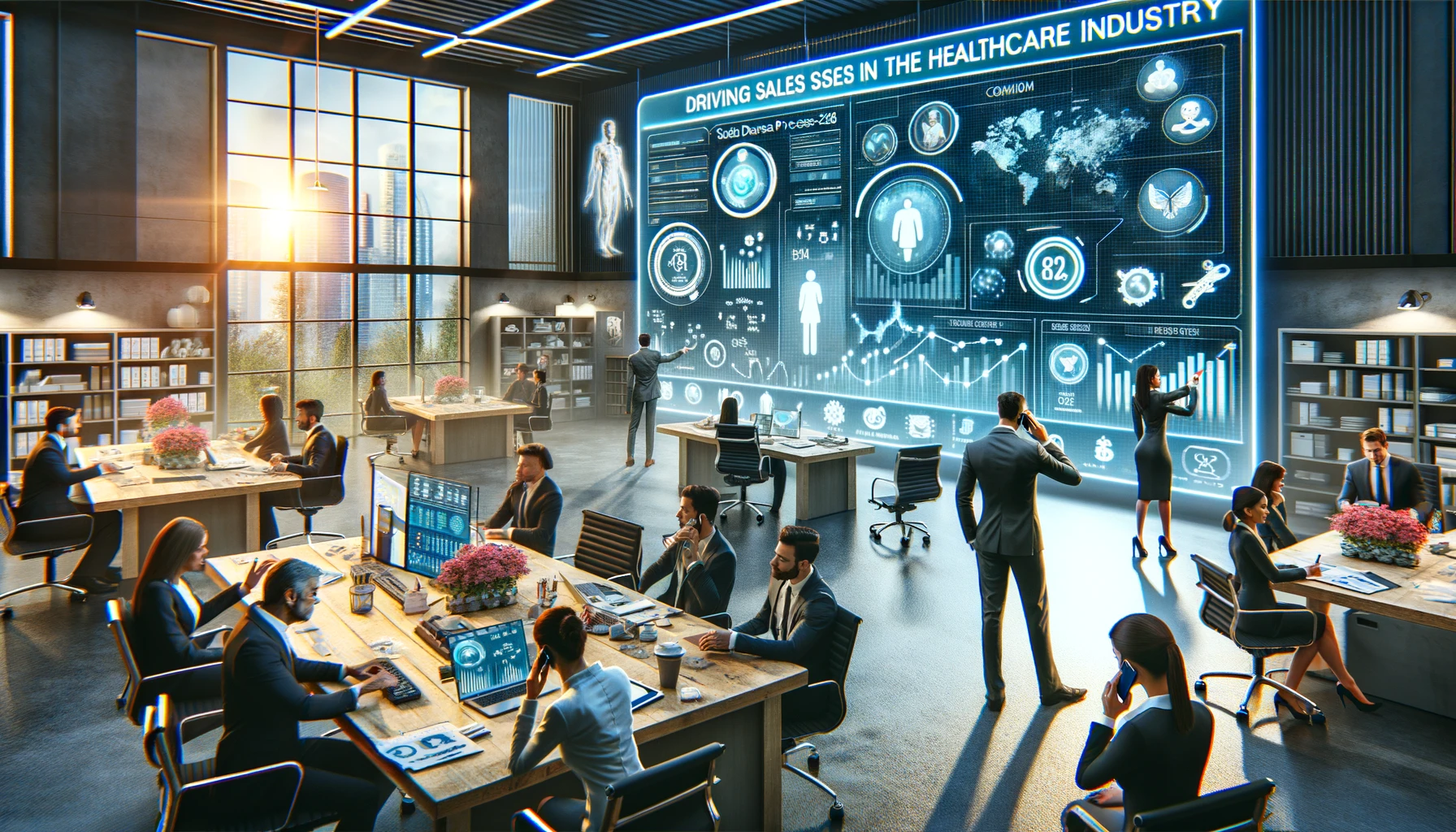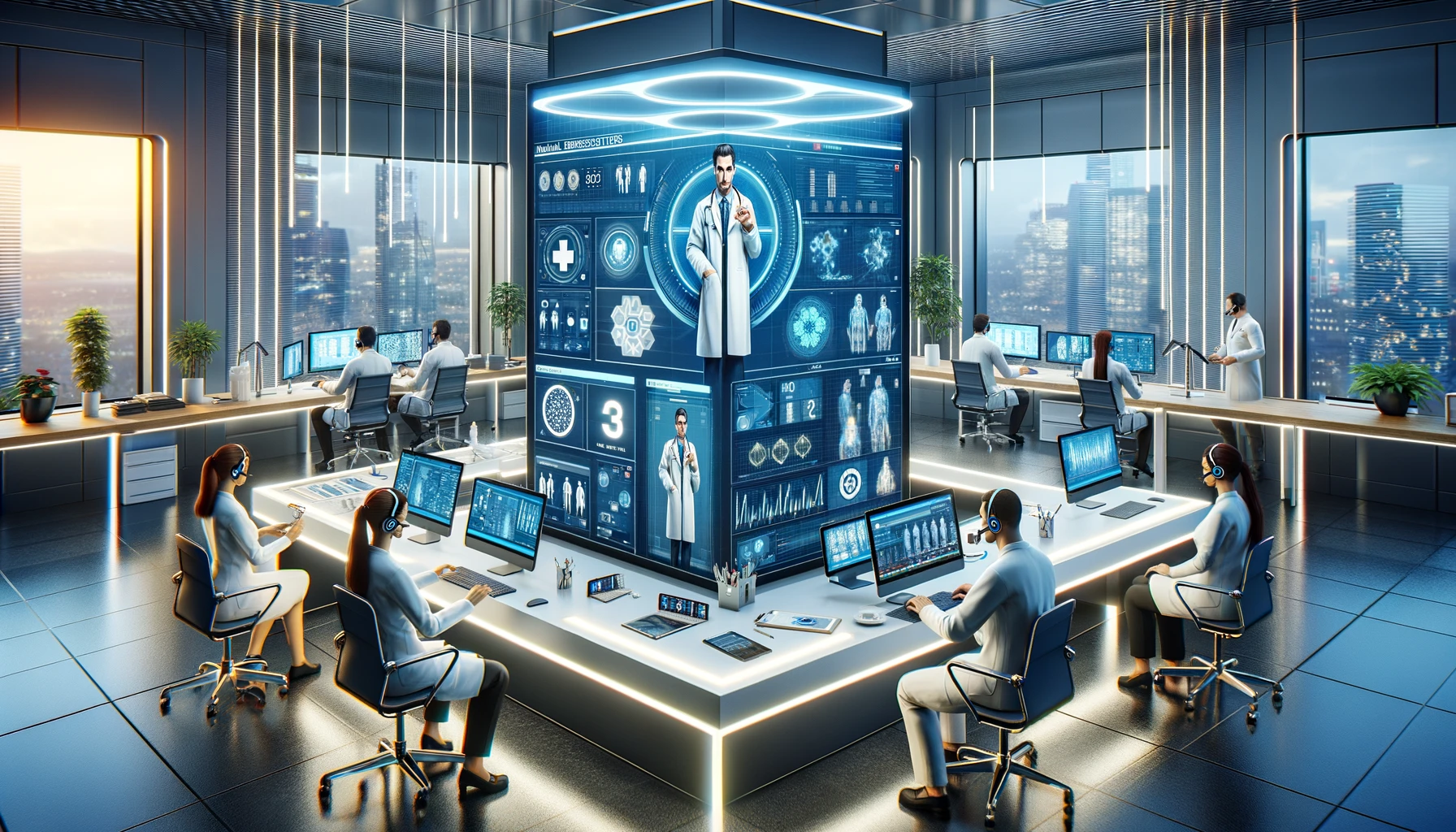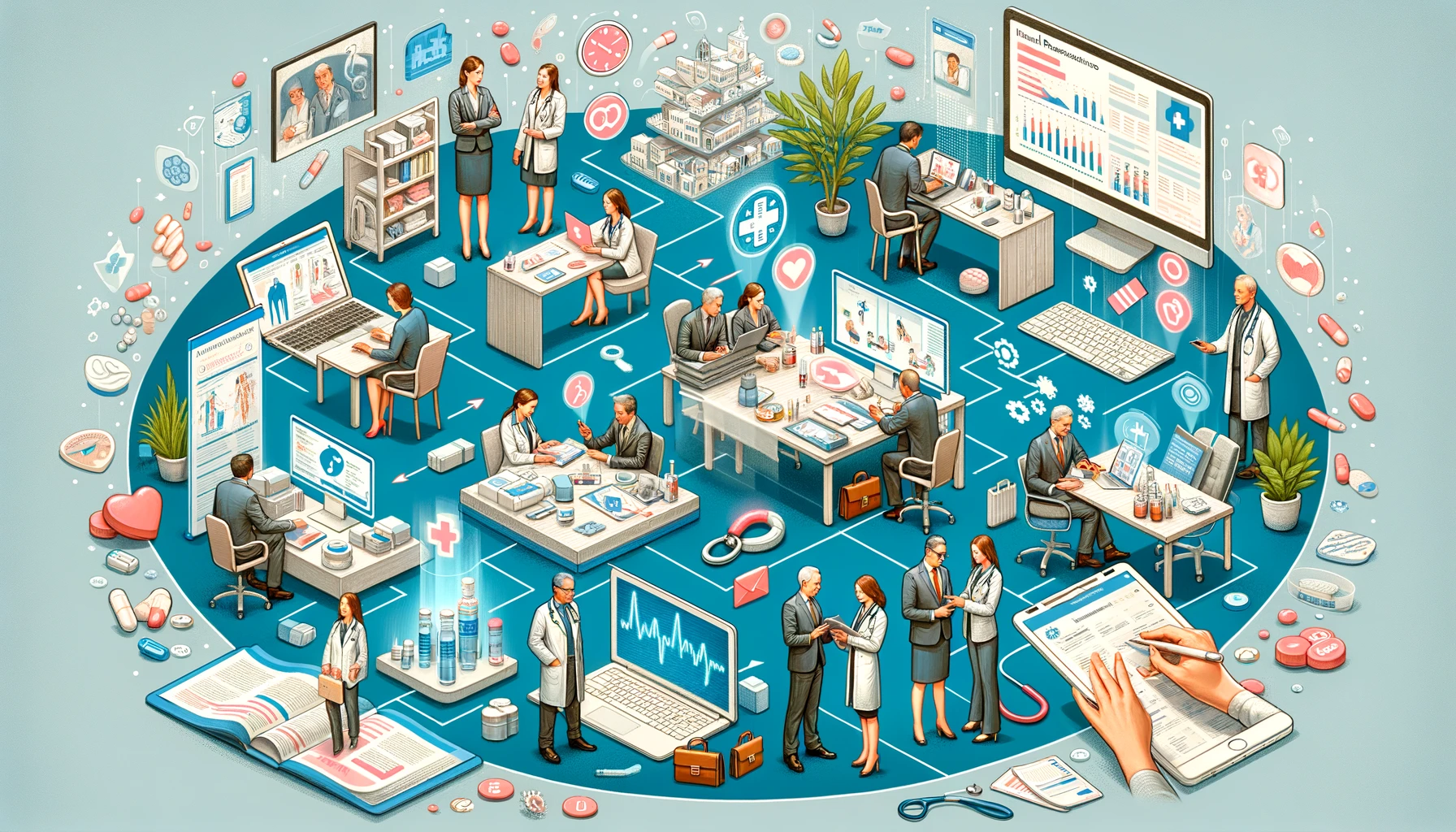Driving Sales Process in the Healthcare Industry
Introduction: Medical representatives (MRs) play a vital role in the healthcare industry, acting as the bridge between pharmaceutical companies and healthcare professionals. Beyond simply promoting products, MRs engage in a multi-faceted role that encompasses both driving sales and fostering meaningful relationships with healthcare providers. This article delves into the diverse responsibilities and strategies that MRs … Read more



